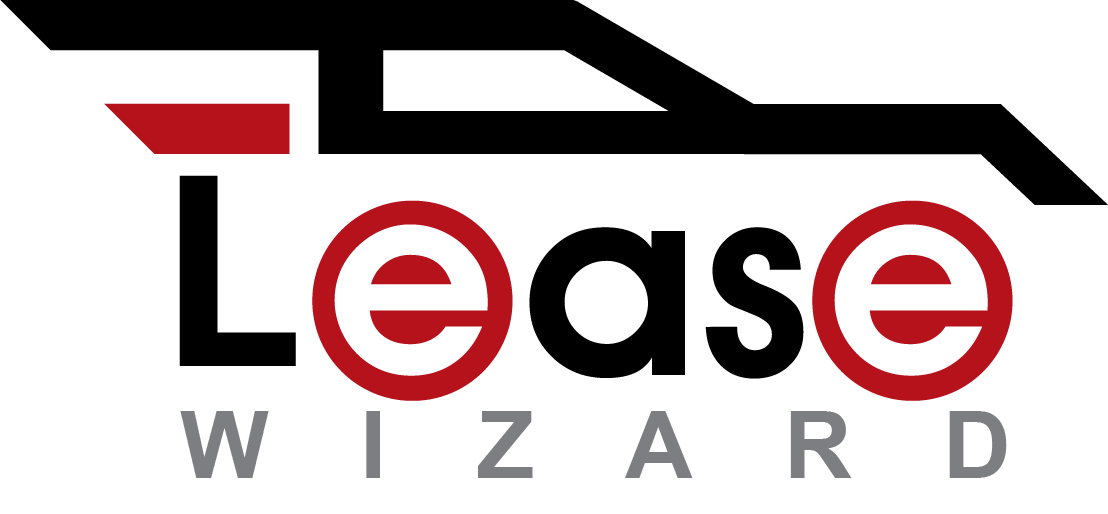Illinois is the fifth (or sixth, depending on data source) largest state in the United States, and home of the nation’s third largest city, Chicago. It was also home of some of the least favorable laws in regards to auto leasing, but there have been major changes in the last few years to make leasing a more reasonable option, on a par with the laws in other states.
The important things to know if you’re considering an auto lease or purchase in Illinois:
- Up until 2015 Illinois was one of a few states that would charge sales tax on the full selling price of the vehicle. However, since 2015 Illinois charges sales tax on the down payment and the lease payments: basically like every other state does, which provides the potential savings of leasing over buying.
- While the sales tax law became less onerous, there remains an additional use tax imposed by the city of Chicago (for Chicago residents only) of 8% of the lease payments. This is in addition to the state sales tax that is imposed on the lease payments. This tax on leased personal property doesn’t have an equivalent tax imposed if the vehicle is purchased.
- There is a cap on the documentation charge the dealership can charge, and it changes annually based on an inflation index. In 2018 the maximum fee the dealer can charge is $175.94. In comparison in 2017 it was $172.15, so it increased 2.2% from 2017 to 2018.
- The gross value of a trade-in is deductible from the selling price of the vehicle when determining the sales tax. However, part of the compromise in reducing the taxes associated with leasing (described in the first bullet above) is that the trade-in value doesn’t lower the taxable amount on a lease – just on a purchase.
- Manufacturer rebates are treated as a payment not a discount – meaning that the sales tax is calculated on the amount before the rebate is applied. So if the agreed on selling price is $28,000 and then there’s $3,000 worth of rebates that the buyer/lessee qualifies for, the tax is still determined based on the $28,000 not the $25,000. In the case of a lease, this means the rebate will be treated like a taxable down payment where the sales tax on cap cost reduction is imposed.
Since there are the special rules on treatment of the trade-in gross value (meaning regardless of any existing loan balance) when you lease versus buying the car outright or financing it, it still may save you money when you buy versus lease. Our goal is not to have people lease – it’s to have people know whether it makes sense to lease. So please put your figures into the calculator to see what will lead to the lowest tax burden.

